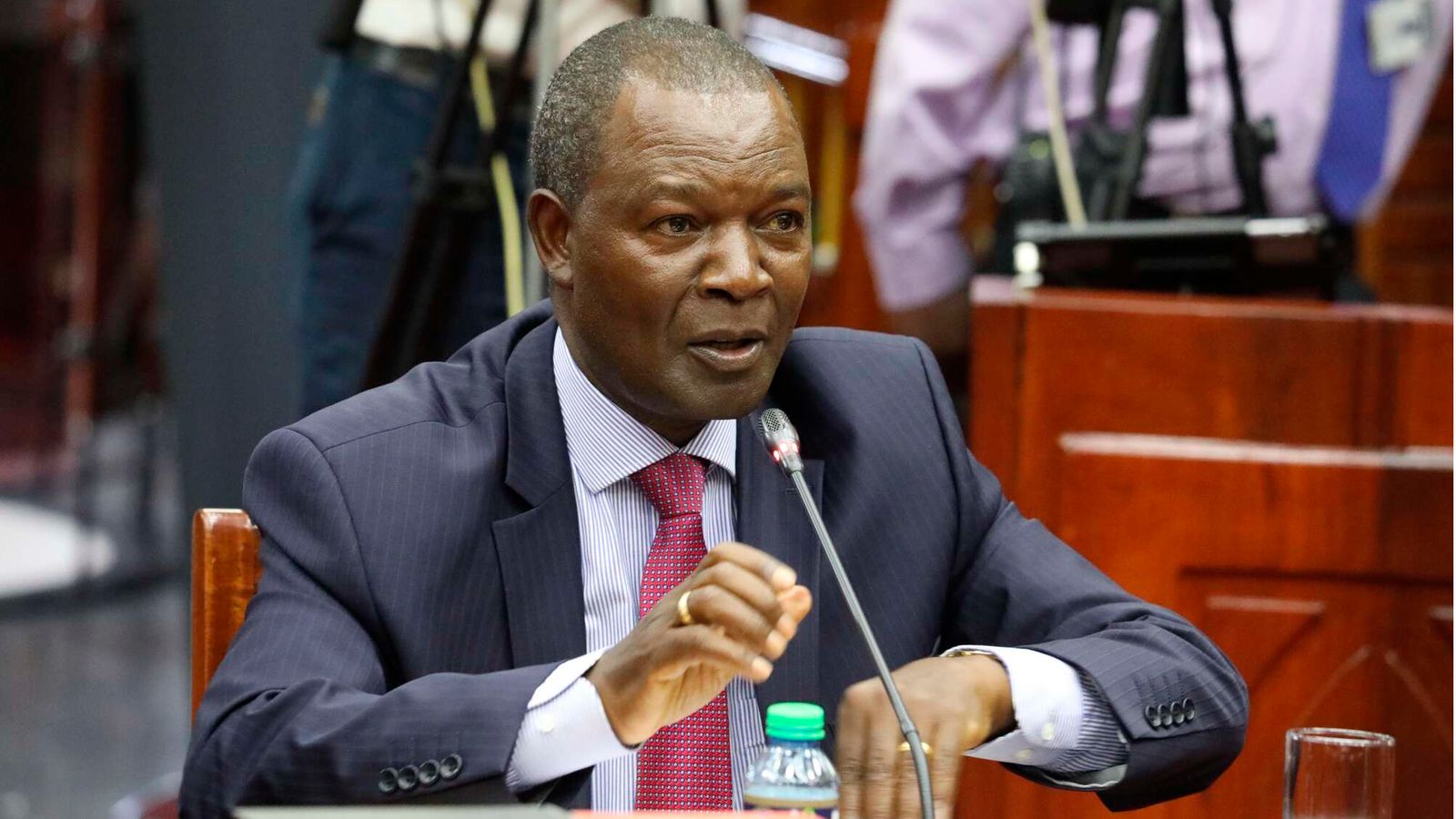Economy
Kenya’s Finance Bill 2024: A Burden for Businesses and Citizens?

The Kenyan government’s Finance Bill 2024, aimed at raising revenue for the 2024–2025 budget, has sparked debate.
While its goal of funding government programs is understandable, critics argue the Bill places undue pressure on businesses and ordinary Kenyans.
Let’s explore some of the Bill’s most contentious proposals.
Finance Bill 2024: Taxing Family Trusts & Eroding Investment
The Bill proposes taxing income generated by family trusts. This move discourages long-term investment and wealth creation.
Family trusts are often used for estate planning and responsible financial management.
Taxing them reduces the incentive for saving and investing within families, potentially hindering future economic growth.
Excise Duty Hike on Financial Services: Squeezing the Middle Class
The Bill increases excise duty on financial services from 15% to 20%. This directly impacts the cost of bank transfers, mobile money transactions, and other essential financial activities.
The middle class, which relies heavily on these services, will bear the brunt of this increase. Additionally, it discourages financial inclusion, making it harder for unbanked Kenyans to access financial tools.
Motor Vehicle Tax Hike: Hurting Commuters and Businesses
The Bill proposes a rise in motor vehicle taxes. This disproportionately affects Kenyans who rely on public transportation.
With higher taxes, transportation companies may raise fares, impacting daily commutes.
Businesses dependent on logistics and deliveries will also face increased costs, potentially leading to price hikes for consumers.
Digital Marketplace Tax: Targeting the Informal Sector
The Bill introduces a tax on online marketplaces. This aims to capture revenue from the growing e-commerce sector.
However, it unfairly burdens informal traders who use these platforms to reach customers. Many small businesses operate online with limited resources.
This tax could stifle their growth and push some out of the digital space altogether.
Lack of Transparency and Public Consultation
Critics argue the Bill’s development lacked transparency and public consultation. Many stakeholders, including businesses and citizens, feel their concerns were not adequately addressed.
A more inclusive approach would have allowed for a more balanced and effective financial plan.
Alternative Solutions Are Needed
The government needs alternative solutions to raise revenue. Here are some possibilities:
- Reviewing tax exemptions for large corporations: Tax breaks for big businesses could be re-evaluated to ensure a fairer distribution of the tax burden.
- Combating tax evasion and corruption: Efforts to crack down on tax evasion and corruption could generate significant revenue without placing additional strain on ordinary Kenyans.
- Investing in efficiency: Streamlining government operations and reducing wasteful spending could free up resources.
Conclusion: A Balanced Approach is Key
Kenya needs a sustainable financial plan. However, the Finance Bill 2024, in its current form, raises concerns.
The bill’s proposed taxes could stifle economic growth, disproportionately impact the middle class and informal sector, and erode trust in the government’s economic policies.
A more balanced approach that promotes long-term investment, encourages financial inclusion, and fosters economic opportunity is necessary for Kenya’s financial well-being.
Public discourse and collaboration between the government, businesses, and citizens are crucial to achieve this goal.
Kenya Insights allows guest blogging, if you want to be published on Kenya’s most authoritative and accurate blog, have an expose, news TIPS, story angles, human interest stories, drop us an email on [email protected] or via Telegram
-

 Grapevine2 weeks ago
Grapevine2 weeks agoRussian Man’s Secret Sex Recordings Ignite Fury as Questions Mount Over Consent and Easy Pick-Ups in Nairobi
-

 News1 week ago
News1 week agoTHE FIRM IN THE DOCK: How Kaplan and Stratton Became the Most Scrutinised Law Firm in Kenya
-

 Investigations1 week ago
Investigations1 week agoMulti-Million Dollar Fraud: Three Kenyans Face US Extradition in Massive Cybercrime Conspiracy
-

 Economy1 week ago
Economy1 week agoIran Demands Arrest, Prosecution Of Kenya’s Cup of Joe Director Director Over Sh2.6 Billion Tea Fraud
-

 Business1 week ago
Business1 week agoA Farm in Kenya’s Rift Valley Ignites a National Reckoning With Israeli Investment
-

 Africa2 weeks ago
Africa2 weeks agoFBI Investigates Congresswoman Ilhan Omar’s Husband’s Sh3.8 Billion Businesses in Kenya, Somalia and Dubai
-

 Grapevine4 days ago
Grapevine4 days agoA UN Director Based in Nairobi Was Deep in an Intimate Friendship With Epstein — He Even Sent Her a Sex Toy
-

 Politics2 weeks ago
Politics2 weeks agoSifuna, Babu Owino Are Uhuru’s Project, Orengo Is Opportunist, Inconsequential in Kenyan Politics, Miguna Says





























